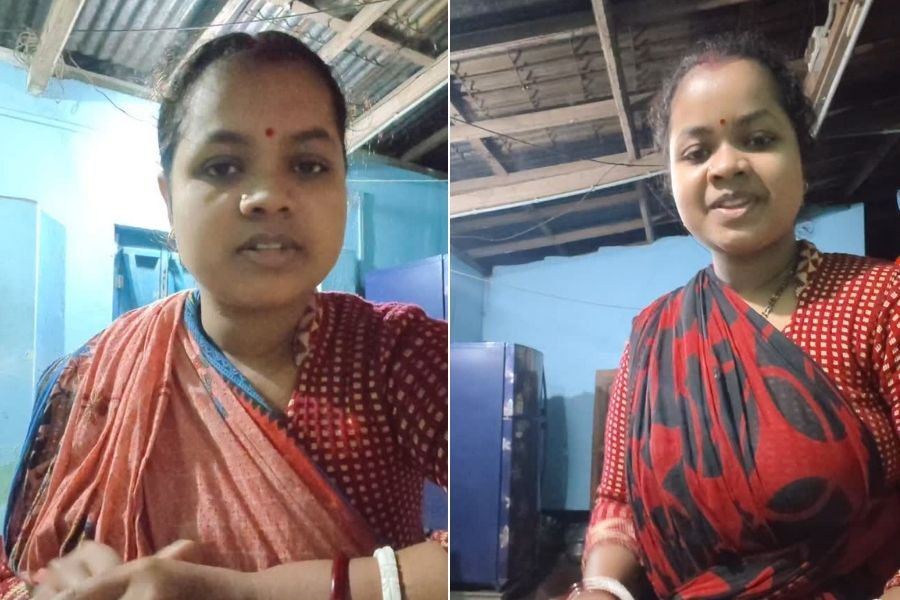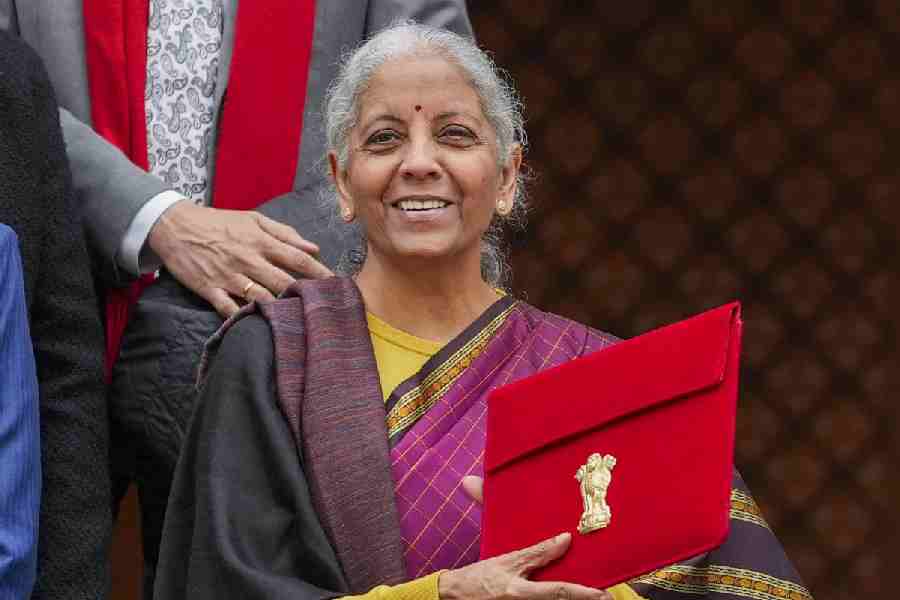 |
Vinod Mani Diwakar is a 1974 pass-out of the Indian Police Service. This December he will be visiting New York to participate in World Language Conference.
Surprised? Do not be. This will not be his first overseas visit to attend any language conference.
This policemen-cum-literatteur, Vinod Mani Diwakar, has already authored 34 books on philosophy, literature and culture in Hindi, English and Sanskrit.
He is also a D.Litt, probably the highest academic degree, who studied at home and appeared in the matriculation examination as a private candidate. At present he is busy writing a book in Pali.
This deputy inspector general of police, of the state crime records bureau, never stood second from his matriculation to masters.
He has won two Director?s Medal at National Police Academy, was awarded the ?Hindi Ratna? and ?International Hindi Honour? at the 6th World Hindi Conference in London in 1999.
The same year he attended a conference on Indian religions and philosophy in Vienna, a conference on ?Medical scientists of ancient India? in London and 3rd World Peace Conference in Glasgow.
For most, writing is creative and carefree, while police-work requires vigilance and constraint.
Vinod Mani Diwakar, born near Aligarh has managed both, well.
To remain in touch with his chosen vocation, Diwakar chose a suitable topic for his Ph.D ? Crime and punishment in principal smritis.
The Ph.D degree was awarded to the senior police officer in 1986. While police-life is his profession, writing remains the passion of the versatile scholar.
Not surprisingly, the quest for knowledge has forced Diwakar to continue studying and he devotes four hours a day to this.
His incessant enthusiasm has resulted in books published almost every year. Some delving deep in his other interest? crime.
But, books and words are his passion and Diwakar lets it remain as such. He does not charge any royalty from the publishers.
In 1987 he was awarded the D.Litt. He worked on the topic ?Views of Manu and Yajnavalkya on Crimes and Punishment?.
He was the first IPS officer from Bihar to have obtained a D.Litt.
Diwaker says the detailed study of the views of Manu andYajnavalkya on crime and punishment was important because it gave an insight into the political, social, economic, religious and cultural condition of India of that time.
?The attitude of the society and law towards the offender and victim shows the level of progress the society has attained. The study of laws, crimes and punishments is the best way to know the spirit of a civilisation, its excellence or limitation.
?The balance between crime committed and punishment awarded, shows the stage of progress of a civilisation and its administrative machinery. The penal laws form a real index of the cultural, social and spiritual level of a society,? Diwakar says.
Son of a professor of philosophy of Allahabad University, Diwakar taught History in a Jaipur college for a year before clearing the state civil services exam in 1973.
Diwakar was the assistant collector of Alwar when he became an IPS officer in 1974.
He may have changed jobs, but his interest stood firm. Diwakar, who used to edit the college magazine, and was on the editorial board of national police academy, published his first book in 1983.
It was a collection of poems mainly written during his student days.
Uncommon and unique in many ways, Diwakar has won many awards for his contribution to literature. He received one from the former prime minister H.D. Deve Gowda.
Diwakar?s essays and prose pieces depend on his mood. A police officer in office he is a thinker, writer and reader at home.
And he is all praise for his wife and children, who understand his passion and his occasional need for space and silence.
?I am not fond of going out or watching cinema. But I do attend social gatherings. I also enjoy playing badminton. Whenever I get an opportunity, I play, but reading remains my top priority,? says Diwakar who has a mini-library at home.
He says he does not go to libraries in Ranchi since there are no good ones here. He regularly visited S.N. Sinha library when he was posted in Patna.
Diwakar laments that Hindi is revered more in foreign countries than in India.
He was surprised to find departments of Hindi and Sanskrit in many universities in UK, Austria, France and Germany.
He remembers how many students of Hindi and Sanskrit departments were keen to make trips to the birthplace of the languages?India. But he feels that back home, the languages are not treated with the same respect.
Diwakar is held in the highest esteem among his colleagues for his passion for learning.
Anupam Sheshank











